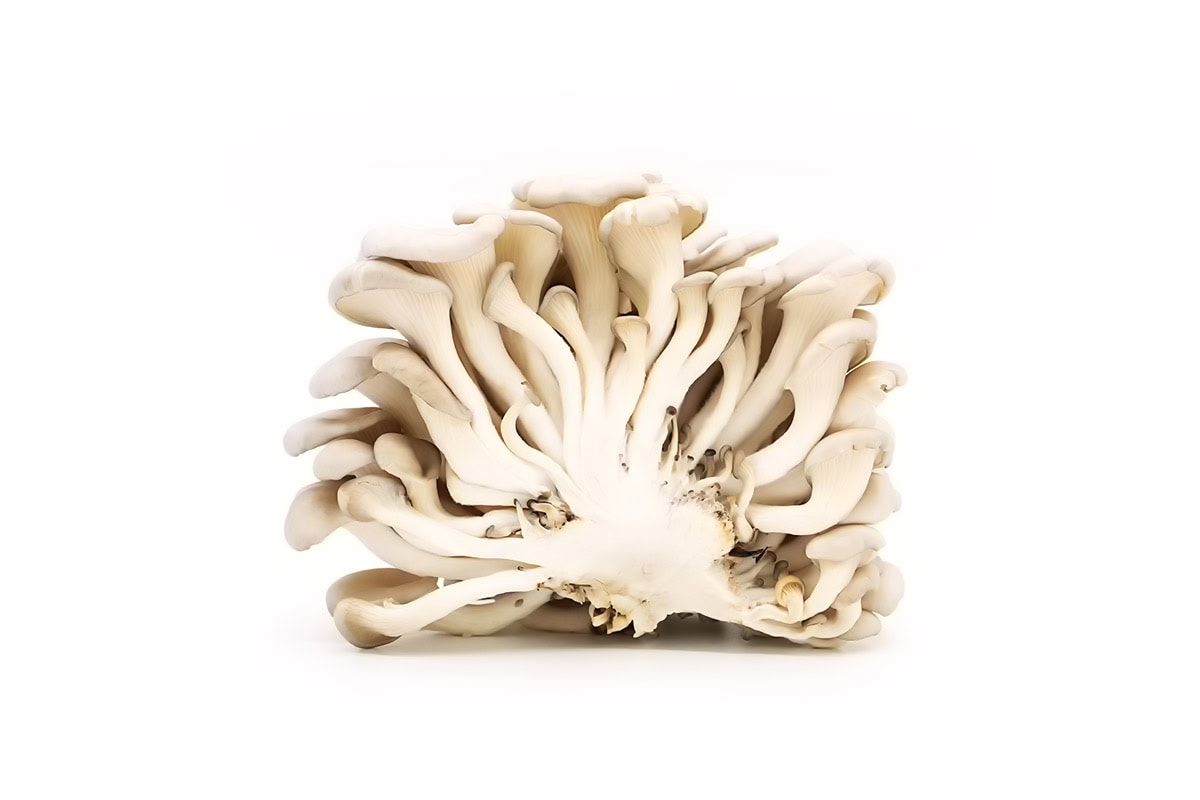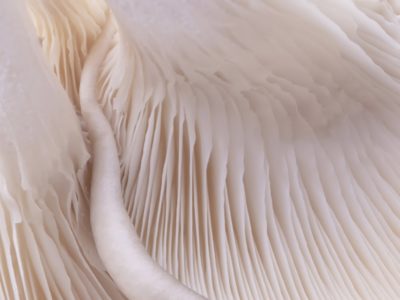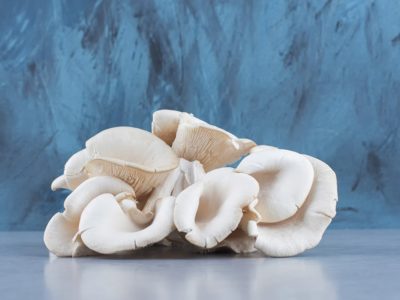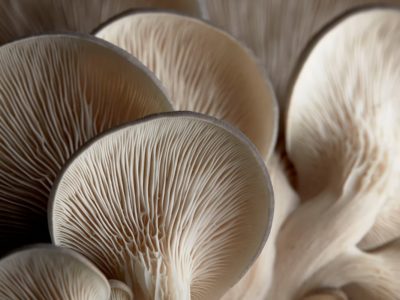Medicinal mushrooms have demonstrated significant potential in combating cancer due to their ability to produce plant hormones known as cytokinins. These compounds can effectively inhibit the growth of cancer cells. The aim of this study was to examine how extracts and cytokinin fractions derived from the mycelial biomass of seven medicinal fungi species affect the proliferation of colon cancer cells in a laboratory setting.
The researchers used high-performance liquid chromatography mass spectrometry to measure cytokinin levels in the mycelial biomass of the fungi species Ganoderma lucidum, Lentinula edodes, Trametes versicolor, Pleurotus ostreatus, Morchella esculenta, Hericium coralloides, and Fomitopsis officinalis. They then assessed the ability of these mushroom extracts to inhibit the growth of human colon adenocarcinoma Colo 205 cells using the MTT assay.
The study identified various cytokinin compounds in the mycelial biomass of the medicinal mushrooms, including trans-zeatin, zeatin riboside, isopentenyladenosine, isopentenyladenine, and zeatin-O-glucoside. Zeatin-type hormones were predominant across all the species, with trans-zeatin being most abundant in H. coralloides and M. esculenta. In P. ostreatus, only zeatin-O-glucoside was detected. The lowest IC50 values, which indicate the strongest antiproliferative effect, were observed for both the cytokinin fraction (0.21 μg/ml) and the crude extract (0.17 μg/ml) from H. coralloides mycelial biomass. F. officinalis also exhibited a significant antiproliferative effect on Colo 205 cells, with an IC50 of 0.9 μg/ml for the crude extract and nearly half that for the cytokinin fraction. The crude extracts from G. lucidum and M. esculenta, and the cytokinin fraction from L. edodes did not reach IC50 values within the tested concentration range (0.016-2 μg/ml).
The findings of this study demonstrated that crude extracts and/or cytokinin fractions from several medicinal Basidiomycetes species can inhibit the proliferation of colon cancer cells in vitro. Specifically, the crude extracts from H. coralloides, P. ostreatus, and T. versicolor exhibited higher cytotoxicity than their corresponding cytokinin fractions, whereas the cytokinin fraction from F. officinalis had a stronger antiproliferative effect compared to its crude extract.
Garmanchuk, L. V., Vedenicheva, N. P., Al-Maali, G. A., Ostapchenko, D. I., Tseyslyer, Y. V., Liashenko, V. A., . . . Ostapchenko, L. I. (2022). ANTIPROLIFERATIVE ACTIVITIES Of EXTRACTS FROM MYCELIAL BIOMASS OF SOME MEDICINAL BASIDIOMYCETES IN HUMAN COLON CANCER CELLS COLO 205. Exp Oncol, 44(3), 213-216. doi:10.32471/exp-oncology.2312-8852.vol-44-no-3.18434



